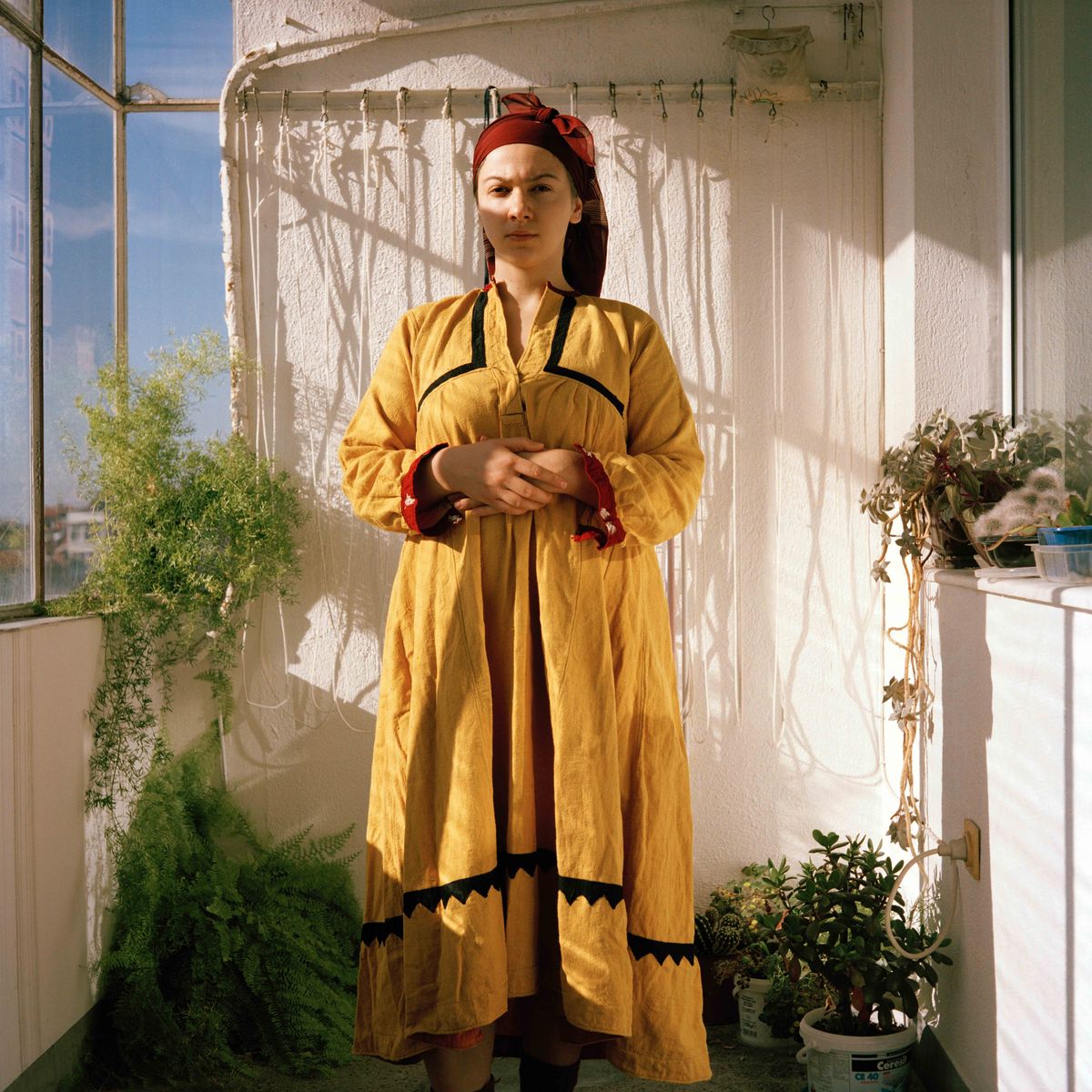Vera Hadzhiyska: With the Name of a Flower

What’s in a name? It’s one of the most personal attributes that we have, yet it’s highly improbable that it belongs only to us — most names are not unique and it’s likely there are many, many others bearing the same name. They could be men or women, young or old, even living in a different country or following a different religion. Some names are highly universal and encountered all across the globe (the first one that pops to mind is Alex), others are very particular for a certain language or region — I know people called Precious, Blessing, River, Morning, Winter, etc. Other names are completely made up by combining a few different words or sounds. My little cousin, for example, is called Elomira (a combination of the names of three different gods) and last time I checked she was the only one in Bulgaria to bear that name. A person’s name is a powerful signifier, so much so that for their closest friends and family, who might call them by an endearing monicker, their name becomes synonymous with them, yet we don’t get to choose our name — it’s decided by our parents at birth and, rightly or wrongly, we don’t get much of a say over the matter. In some countries, like Bulgaria, it’s very difficult to change one’s name — my grandma was erroneously renamed from Elena to Elenka by a passport office clerk who mistyped her name and now she’s stuck with it. In England, on the other hand, all you have to do is file in a form — this is how I became Zak (not because I am embarrassed by my birth name, Zdravko (named after my granddad), but for pure convenience and to avoid the trivial questions.
Vera Hadzhiyska, a young Bulgarian photographer who moved to the UK in the early 2010s, investigates the political connotations a name bears with her ongoing body of work With the Name of a Flower. It examines why Muslims, who have been settled in Bulgaria for many centuries (the country was under Ottoman oppression for around 500 years before it gained its independence in the late 1800s), have been forced to change their name to a more Slavic-sounding alternative, a name that wouldn’t stand out or provoke comments. Would it be for similar reasons that I opted for my more English-sounding name, to blend in and not to be perceived as an “other”? The difference is, of course, that my action was voluntary, whereas many Muslims in Bulgaria were not given that choice.The project takes a personal viewpoint and it gives platform to people who have been directly affected by these changes as well as their descendants. The changing of a name, be it first or surname, tugs at the strings of our very identity — we are our names and our names are us, so what do we become once they have been altered, especially if not through our own choosing? As the photographer claims, this forceful act has resulted in generations that have been robbed of their own heritage, be it cultural or religious, through white-washing their name and, consequently, identity.
It’s probably safe to say that Bulgaria is a fairly right-wing country that, by a large or small amount, thrives on populism. It treats immigrants as second-class people, particularly if they worship a different deity, emigrants as not trying hard enough to enjoy what the motherland has to offer, and gypsies as unworthy of anything. Once a country whose borders spanned to three seas, it has been diminished and belittled, and I would argue that many of these anti-immigrant sentiments stem from the time Bulgarians were under Ottoman rule.
Sign up for the newsletter to read this post
We support independent documentary photographers and photojournalists by promoting their work. Read unique documentary stories with our newsletter.
